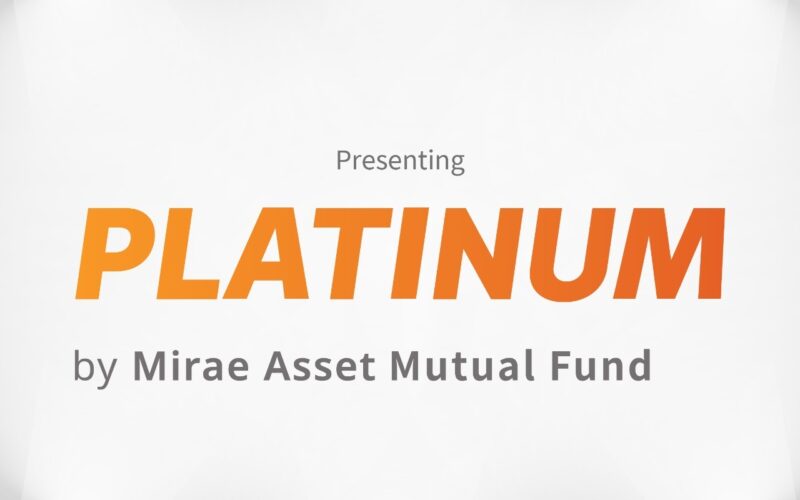#MFDUpdate #SIFLicense #AMFIRegulations #NISMSeriesXIII #InvestmentDistribution #MutualFundDistributors #SecuritiesInvestmentFunds #ARN #EUIN
Mumbai — In a significant development for mutual fund distributors (MFDs), the Association of Mutual Funds in India (AMFI) has introduced a formal registration and renewal fee structure for the distribution of Securities Investment Funds (SIFs). This move aims to bring regulatory parity and operational consistency to the evolving SIF distribution segment, which is being increasingly integrated with the broader mutual fund ecosystem.
The new licensing fee system will impact individual MFDs, corporate distributors, banks, and employees with EUINs (Employee Unique Identification Numbers). The framework was clarified in a recent circular issued by CAMS, which acts as the Registrar and Transfer Agent for AMFI.
What Are SIFs and Why This Change Matters
Securities Investment Funds (SIFs) are investment vehicles that include alternative investment funds (AIFs), private equity vehicles, and other professionally managed pooled funds, offering investors diversified and sophisticated financial instruments.
Previously, the distribution of these products was relatively less structured. Now, by requiring SIF-specific licensing, AMFI is standardizing this growing segment under a robust compliance and fee structure, bringing it in line with the mutual fund distribution model.
The biggest takeaway: individual MFDs will now have to pay ₹3,000 plus GST to obtain the SIF distribution license.
Who Can Distribute SIFs?
To become a SIF distributor, individuals and employees of MFDs must:
-
Hold a valid AMFI Registration Number (ARN) or be a registered EUIN holder
-
Have cleared the NISM Series-XIII: Common Derivatives Certification Examination
Importantly, distributors must maintain valid ARN/EUIN status for their SIF license to remain active. If the ARN lapses, the SIF license is deemed invalid—even if the NISM certification remains valid. The SIF license will automatically reactivate once the ARN is renewed.
Fee Structure: At a Glance
Individual MFDs & Proprietorships
-
Registration Fee: ₹3,000 + 18% GST
-
Renewal Fee: ₹1,500 + 18% GST
Employees (EUIN holders)
-
Registration Fee: ₹1,500 + GST
-
Renewal Fee: ₹750 + GST
Corporate Distributors
| Entity Type | Registration Fee | Renewal Fee |
|---|---|---|
| Pvt. Ltd. Company, OPC, LLP | ₹40,000 | ₹20,000 |
| Partnership Firm | ₹20,000 | ₹10,000 |
| Public Ltd. Company, Banks | ₹4,00,000 | ₹2,00,000 |
| RRBs, DCBs, NBFCs | ₹1,00,000 | ₹50,000 |
| Urban Co-Op Banks, Trusts, HUFs | ₹20,000 | ₹10,000 |
| Post Offices, Microfinance Firms | ₹15,000 | ₹7,500 |
All fees are exclusive of 18% GST and must be paid to AMFI at the time of registration or renewal.
Key Regulatory Highlights
-
Simultaneous Registration Allowed: New distributors can apply for both ARN and SIF license at once. It is not mandatory to first obtain an ARN and then apply separately for SIF registration.
-
Validity Period:
-
For individuals, the SIF license remains valid till the NISM Series-XIII certificate expiry date
-
For non-individuals, the license is valid for three years
-
-
Automatic Deactivation: If the ARN or EUIN becomes invalid, SIF registration also becomes inactive, even if the NISM certificate is still valid.
-
Automatic Reactivation: Once the ARN is renewed, the SIF license automatically becomes valid again until the NISM certification expires.
Implications for the MFD Community
This move represents an important formalization of SIF distribution, giving mutual fund distributors a chance to diversify their income streams through alternative investment products. However, it also introduces an added cost and compliance burden, especially for smaller or individual distributors.
The relatively high registration fees for corporate and banking entities reinforce AMFI’s intent to regulate the space carefully, ensuring only serious and qualified participants enter the SIF distribution domain.
For independent financial advisors (IFAs), the ₹3,000 upfront investment could potentially unlock access to higher-margin, diversified investment products. But experts recommend that MFDs evaluate investor demand, product understanding, and compliance capacity before entering this space.
Industry Reactions
Industry stakeholders view the move as a natural evolution of India’s investment landscape. With rising investor interest in alternative investments, private equity, and structured products, ensuring qualified distribution is crucial.
“This is a positive step towards regulating a fast-growing distribution vertical. The NISM-XIII requirement ensures that distributors are well-versed in derivative and structured products, safeguarding investor interest,” said a senior compliance officer at a top mutual fund house.
Conclusion
AMFI’s updated registration norms for SIF distribution underscore a wider transformation in India’s investment advisory landscape. By mandating qualification and licensing fees, the regulator ensures that the distribution of complex investment products is carried out responsibly, transparently, and ethically.
MFDs looking to expand their offerings and tap into high-growth investment areas should act soon, ensuring all certifications and licenses are in place before the demand for SIFs accelerates further.
#MFDUpdate #SIFLicense #AMFIRegulations #NISMSeriesXIII #InvestmentDistribution #MutualFundDistributors #SecuritiesInvestmentFunds #ARN #EUIN #AlternativeInvestments #FinancialAdvisors #ComplianceMatters #SEBIRegulations #CAMS #MutualFundsIndia #AxisSIF #SIFRegistration #FinancialServicesIndia #WealthManagement

